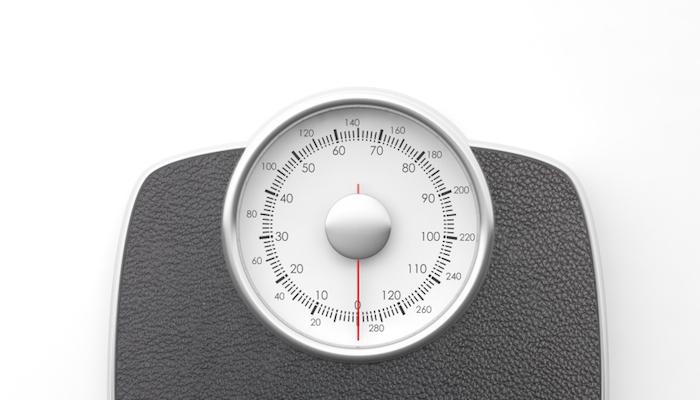
I guess I don’t so much mind being old, as I mind being fat and old. ~ Benjamin Franklin
It’s difficult these days to find anyone with disposable income in America who isn’t following some type of diet regime. Indeed, whether we’re talking about newer fads such as keto, Whole30Ⓡ, or paleo or older ones such as juicing, Atkins™, or The ZoneⓇ I always marvel at how sure members in their respective diet-tribes are of the correctness of their convictions.
The next time someone tries to sell you on a diet I suggest you ask them the following question:
I’m curious, when somebody loses weight on your diet, where does the fat go?
Now, if you (or the person you asked) wrongly answered this question with:
It gets burned off.
Fear not, you’re in good company for, as noted in a 2014 BMJ journal article by Ruben Meerman and Andrew Brown, most of the doctors, dietitians, and personal trainers they surveyed also believe fat is converted to energy or heat.
The foundational problem with this is, it violates the conservation of mass. That is, although we can, in fact, lose fat as our fat cells shrink, fat cannot magically be converted into energy (or muscle). It cannot simply “disappear.”
So, where does fat go when we lose weight?
As indicated in the referenced journal article (and in the video I’ve left you with below) the lungs are the primary excretory organ for fat loss. That’s right. When we “lose” fat we’re actually breathing it out.
So, the next time you’re thinking about making a commitment to lose weight, consider the following age-old advice before trying yet another diet:
Eat a little less, move a little more.
Alternatively, considering that he lived 30 to 40 years longer than the average lifespan of his time, we might do well to simply follow Benjamin Franklin’s advice of “balance, mindfulness, and moderation” (RealClear Science).
Cheers…xian
Video not displaying properly? Click here.








